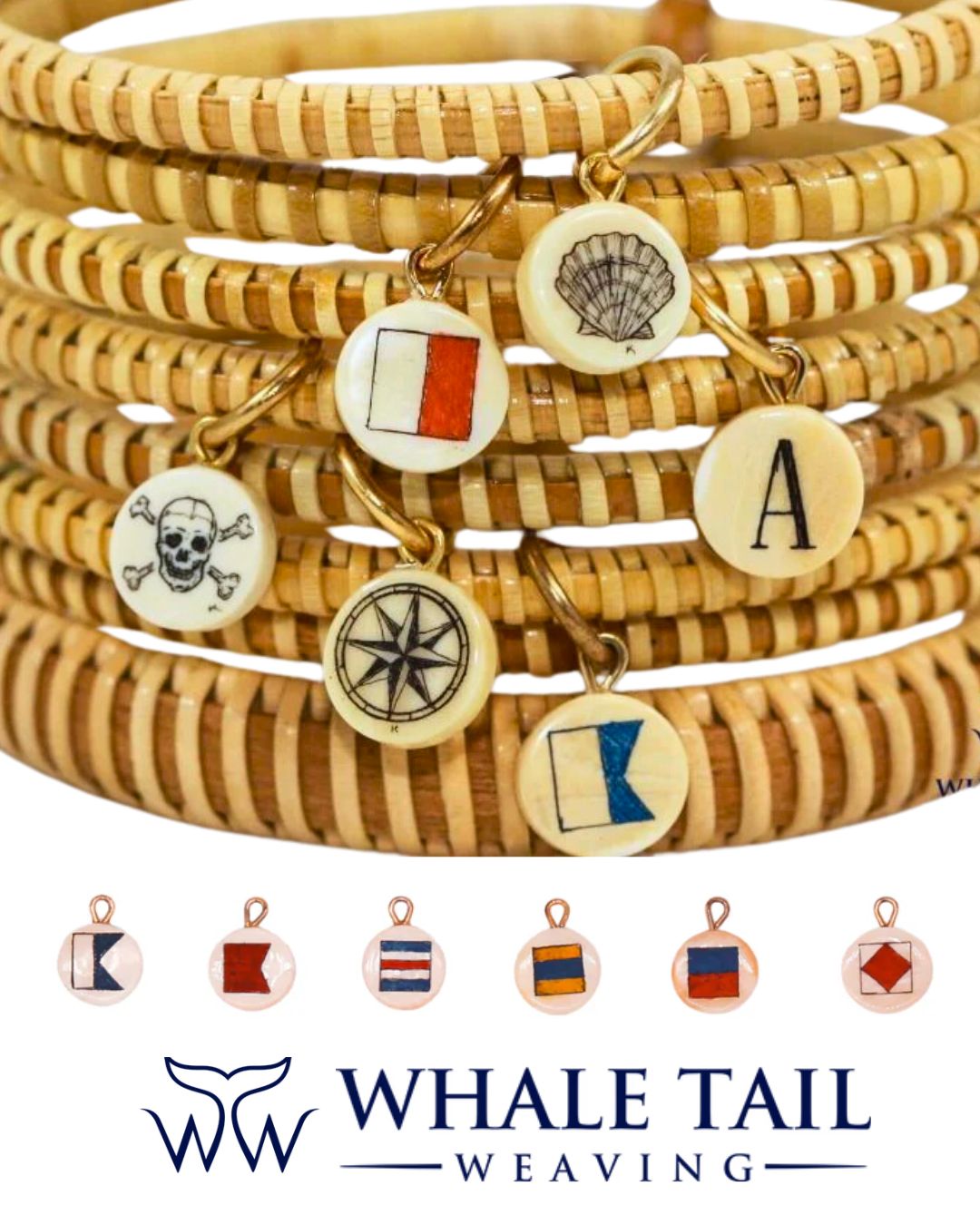With Amazon’s reach only expanding, creative entrepreneurs often wonder if listing their products on the platform is worth it. The question has sparked even more debate recently with the release of Oprah’s Favorite Things list, which featured only products available on Amazon. This trend reflects a growing preference among editors and publishers for Amazon-linked products, as it simplifies affiliate marketing and monetizes their content.
Many members of the NECC community have asked whether Amazon is the right place for their unique, handcrafted products. Here’s an in-depth look at the pros and cons of selling on Amazon, so you can make the best decision for your business.
Pros of Selling on Amazon
1. Unmatched Exposure
Amazon is the world’s largest online marketplace, with millions of daily visitors. For creative entrepreneurs, this exposure can be a game-changer, putting your products in front of customers you might not reach otherwise.
2. Built-In Trust and Credibility
Consumers trust Amazon. By listing your products there, you tap into that trust, lending credibility to your brand and easing concerns for first-time buyers who may hesitate to purchase from smaller sites.
3. Streamlined Fulfillment Options
With Amazon’s Fulfillment by Amazon (FBA) service, you can offload warehousing, shipping, and customer service. FBA ensures faster deliveries and qualifies your products for Amazon Prime, which can be appealing to customers and lead to higher conversion rates.
4. Analytics and Market Insights
Amazon’s tools provide detailed analytics on how your products perform, giving you valuable insights into customer behavior. For creative entrepreneurs looking to understand what resonates with their audience, this data can be invaluable for refining products or adjusting your marketing strategy.
5. Access to a Global Market
With Amazon’s reach across multiple countries, you have the potential to reach international customers. Expanding globally can be challenging on your own, but Amazon simplifies this with international logistics and customer service.
The Power of Affiliate Links and Media Exposure
Some writers now even require brands to be on affiliate platforms to secure a feature
patrica mae olson - piqued pr
One major perk of listing on Amazon is the opportunity to leverage affiliate marketing, which can boost visibility and sales. Many editors, publishers, and influencers now prioritize products available on Amazon because it simplifies affiliate linking, allowing them to earn a commission on purchases made through their content. This is increasingly the case for media outlets and digital creators who rely on affiliate income as a revenue stream.
In fact, Amazon’s influence extends to prominent lists like Oprah’s Favorite Things—in recent years, this list has only featured products available through Amazon, showing a clear preference for the platform’s accessibility and affiliate-friendly setup. By listing on Amazon, you’re positioning your products to be more appealing for media features and high-profile lists that often drive significant sales.

“In recent years, I’ve noticed more publications prioritizing affiliate-linked products,” shares Patricia Mae Olson of Piqued PR. “Some writers now even require brands to be on affiliate platforms to secure a feature. This seems to be the new normal, as publications face declining ad revenues. However, there are still magazines that proudly support and spotlight small businesses without requiring affiliate links, staying true to authentic coverage“.
With so many editors and publications leaning toward Amazon-linked products, having your items on the platform can open doors to valuable press coverage in print and digital media, giving your brand a competitive edge. For creative entrepreneurs, this could mean more exposure from major outlets that might not otherwise feature products without an Amazon link.
Cons of Selling on Amazon
1. High Competition and Price Sensitivity
Amazon is a highly competitive space, with many sellers offering similar or identical products. If your product is unique, you might struggle to communicate its full value in a price-sensitive marketplace. Competing with mass-produced items can drive down prices and leave you fighting for visibility.
2. Fees That Add Up
Amazon charges for everything from listing fees to referral fees and FBA fees. These costs can quickly cut into your margins. For creative entrepreneurs, where product costs may be higher due to quality or production methods, these fees can impact profitability significantly.
3. Less Control Over Brand Experience
Amazon’s platform doesn’t allow for much brand customization. Unlike your website, where you control the entire experience—from packaging to presentation—Amazon’s standardized process can make it challenging to express your brand’s personality and values fully.
4. Risk of Counterfeiting and Copycats
Popular products often attract counterfeiters or copycats. For creatives who put their heart into every product, this can be a significant downside. Even with Amazon’s Brand Registry and protection measures, some sellers still encounter unauthorized copies of their products.
5. Limited Customer Relationship Building
On Amazon, customer data isn’t fully accessible, making it hard to build relationships, gather feedback, or create a community around your brand. Customer loyalty often stays with Amazon, not your brand specifically, making it challenging to build a returning customer base.
Is Amazon Right for Your Creative Brand?
Ultimately, selling on Amazon can be a powerful tool to expand your reach and grow your brand. However, consider it as a part of a broader strategy, not the sole channel. Weigh the exposure and convenience against the fees, potential brand dilution, and lack of control.
As creative entrepreneurs in the NECC community, it’s essential to balance reach with brand integrity. Make sure Amazon aligns with your brand vision and business goals, and use it strategically to attract new customers while continuing to build loyalty and engagement through other channels.
Are you considering selling on Amazon or already selling there? Share your thoughts and experiences with our community—let’s navigate the journey together!








